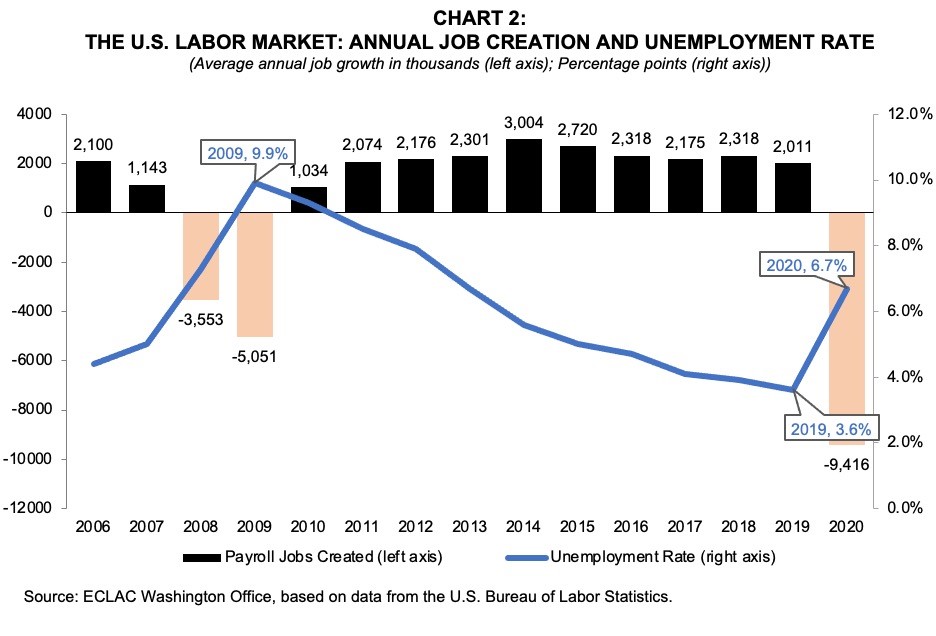
Unlocking Insights: Navigating USA Economic Indicators
Economic indicators are vital tools for assessing the health and trajectory of a nation’s economy. In the USA, a diverse set of economic indicators provides insights into various aspects of economic performance, guiding decisions for businesses, policymakers, and individuals alike.
Gross Domestic Product (GDP):
At the heart of economic indicators lies the Gross Domestic Product (GDP). This metric quantifies the total value of all goods and services produced within a country’s borders. GDP growth indicates economic expansion, while contraction may signal challenges. Monitoring GDP provides a foundational understanding of overall economic performance.
Unemployment Rates and Labor Market Trends:
Unemployment rates offer a lens into the labor market’s health. Low unemployment rates signify a robust job market, while increasing rates may suggest economic challenges. Examining labor force participation rates and industry-specific employment trends provides a nuanced view, guiding workforce planning and policy decisions.
Consumer Price Index (CPI) and Inflation:
The Consumer Price Index measures changes in the prices of a basket of goods and services over time. Inflation, reflected in CPI, impacts purchasing power. Monitoring inflation rates helps individuals, businesses, and policymakers anticipate changes in the cost of living and make informed financial decisions.
Retail Sales and Consumer Spending:
Retail sales data provides insights into consumer spending patterns. As consumer spending constitutes a significant portion of economic activity, fluctuations in retail sales indicate shifts in demand. Analyzing these trends aids businesses in adjusting their strategies and policymakers in assessing economic stability.
Housing Market Indicators:
Housing market indicators, including home sales, median home prices, and housing starts, offer a glimpse into the real estate sector. The housing market is intertwined with economic health, impacting construction, mortgage lending, and overall consumer confidence. These indicators guide decisions in both residential and commercial real estate.
Stock Market Performance:
The stock market serves as a barometer of investor sentiment and economic expectations. Indices like the Dow Jones Industrial Average and the S&P 500 reflect the performance of key stocks. Analyzing stock market trends provides insights into investor confidence, corporate performance, and broader economic sentiment.
Trade Balance and Export/Import Data:
The trade balance, encompassing exports and imports, sheds light on a nation’s economic interactions with the global market. A trade surplus occurs when exports exceed imports, while a deficit indicates the opposite. Monitoring trade data aids in assessing a country’s competitiveness and its impact on economic growth.
Interest Rates and Monetary Policy:
Central to economic indicators is the Federal Reserve’s management of interest rates. Changes in interest rates influence borrowing costs, investment decisions, and overall economic activity. Understanding monetary policy and interest rate trends is crucial for businesses, financial institutions, and policymakers.
Government Spending and Fiscal Policy:
Government spending and fiscal policies play a significant role in economic indicators. Budget allocations, tax policies, and government initiatives impact economic growth, employment, and inflation. Evaluating government spending patterns provides insights into the trajectory of the national economy.
Technology and Innovation Metrics:
In the modern era, technology and innovation metrics are becoming increasingly relevant economic indicators. Tracking metrics related to research and development, technology adoption rates, and innovation indices offers insights into the nation’s long-term competitiveness and economic sustainability.
Navigating Economic Insights:
For those navigating the intricacies of USA economic indicators, platforms like USA Economic Indicators offer valuable resources. Staying informed about these indicators empowers individuals, businesses, and policymakers to make proactive decisions, fostering economic resilience and prosperity.
In conclusion, understanding and interpreting USA economic indicators is paramount for informed decision-making in various spheres. Whether assessing the job market, making investment decisions, or formulating public policies, economic indicators provide the insights needed to navigate the complexities of a dynamic and ever-changing economic landscape.

